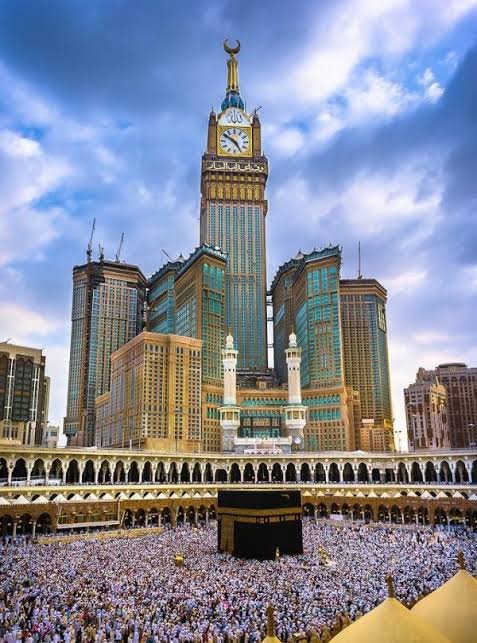BIOGRAPHY OF THE PROPHET ﷺ....
PART:-••••13...
The Kingdom of Syria:-
At a time when the migration of Arab tribes was in full swing, some branches of the Qada'ah tribe came and settled in the borders of Syria. They belonged to the Banu Sulaym bin Halwan and one of them was the Banu Dajam bin Sulaym, who became famous as Dajama. The Romans made this branch of Qada'ah their counterpart to stop the plundering of the Bedouins of the Arabian Desert and to use it against the Persians and placed the crown of rule on the head of one of its members. After this, they ruled for a long time.
Their most famous king is Ziyad bin Hayula. It is estimated that the reign of Dijama lasted for the entire second century AD. After that, the Ghassan dynasty came and went in this land and the rule of Dijama continued. The Ghassan dynasty defeated Dijama and occupied his entire territory. Seeing this situation, the Romans also recognized the Ghassan dynasty as the king of the Arab inhabitants of Syria. The throne of the Ghassan dynasty was Dumta al-Jandal. And the Romans continued their rule over Syria as an agent until the Battle of Yarmouk took place in 13 AH during the Farooqi Caliphate and the last ruler of the Ghassan dynasty, Jabal bin Ayham, embraced Islam. Although his arrogance could not tolerate Islamic equality for long and he apostatized.
Emirate of Hejaz
It is known that the population of Mecca began with Hazrat Ismail (AS). He lived to be 137 years old and remained the ruler of Mecca for the rest of his life. He remained the head and the custodian of the House of Allah.
After him, his two sons, Nabat, then Qaidaar, or Qaidaar, then Qaidaar, one after the other, became the custodians of Mecca. After them, his grandfather, Mudadh bin Amr al-Jarhami, took over the reins and thus the leadership of Mecca passed to the Banu Jurham and remained in their hands for a while.
Since Hazrat Ismail (peace be upon him) was the founder and architect of (along with his father), his descendants certainly enjoyed a prestigious position, but they had no share in power and authority.
Then day after day and year after year passed, but the descendants of Hazrat Ismail (peace be upon him) could not emerge from obscurity. Until shortly before the emergence of Bakht-e-Nasr, the power of Banu Jurham weakened and Adnan's political star began to shine on the horizon of Mecca. The proof of this is that in the battle that Bakht-e-Nasr fought with the Arabs at Dhat-e-Irq, the commander of the Arab army, Jurhami, was not present. Was...
Continued.....
